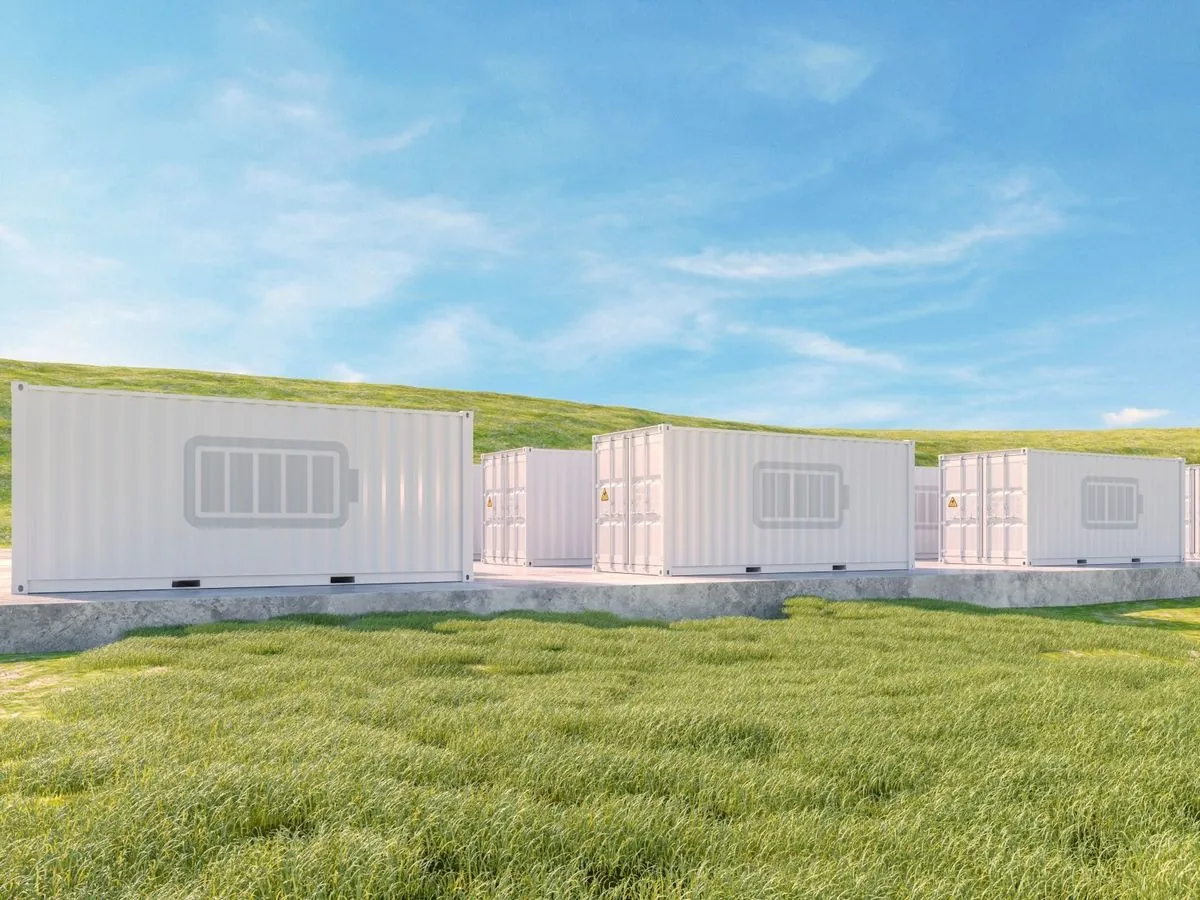UK's Battery Boom: Balancing Clean Energy and Local Concerns
As Britain aims for clean power by 2030, battery storage projects surge nationwide. Despite economic challenges and local opposition, investors remain optimistic about the future of grid-scale batteries.

In the quaint village of Granborough, Buckinghamshire, a transformation is brewing. This rural locale, once noted in the Domesday Book of 1086, now faces the prospect of hosting two substantial battery installations and a solar farm. This development reflects a broader trend across the United Kingdom, as the nation grapples with its clean energy future.
The proposed 500-megawatt sites near Granborough, put forward by energy companies Statera and Statkraft, aim to support the transition to a decarbonized electricity grid. However, local residents express concerns about the potential industrialization of their farmland and the associated fire risks.
"This might become an industrial area more than the farming land it's been for the last thousand years. Battery storage sites should be on brownfield – they should not take away our ability to grow food."
Despite local opposition, the UK is witnessing an unprecedented surge in grid-scale battery projects. According to RenewableUK, 1,862 such projects have been proposed or built, compared to just 215 currently operational. If all these projects come to fruition, they could provide 108.87 gigawatts of power, more than double the UK's peak electricity demand last winter.
This rapid growth is driven by several factors. The cost of lithium-ion batteries has plummeted by over 80% in the past decade, largely due to China's booming supply chain. Additionally, the Labour Party's commitment to clean power by 2030 is expected to boost demand for grid-balancing batteries.

Currently, grid-scale batteries primarily assist in balancing the grid's frequency. However, as renewable energy sources become more prevalent, these batteries are anticipated to play a crucial role in storing excess power from wind and solar installations for use during periods of high demand.
Despite the optimism, the battery boom faces significant challenges. Grid connection delays of up to a decade, supply chain issues, and ongoing local opposition pose hurdles for developers. Andy Willis, founder of Kona Energy, highlights the "perverse" situation where projects with funding and planning permission might not secure grid connections until 2037 or 2038.
Nevertheless, investor interest remains strong. Modo Energy projects that battery storage capacity will more than triple to 15.4 GW by the end of 2027, aligning with the National Grid's most optimistic scenario from the previous year.
As the UK strives to balance its clean energy ambitions with local concerns, the future of grid-scale batteries remains a topic of intense debate and development. The outcome of this technological shift will likely shape the nation's energy landscape for decades to come.


































